When does employment start? At what point is the employer obligated to consider a worker an employee? A recent case in Idaho attempts to answer those questions
While there has been news about companies becoming more likely to hire someone even if they test positive for marijuana, there are still firm drug testing advocates – whether marijuana is legal or not. For some job applications, employers want to see a drug test to know their employees are clean and not abusing drugs. Getting a drug test can be expensive and may require a long trip for someone interested in the job. That is why 14,000 new hires joined a class action against WinCo, an Idaho-based supermarket chain. The main plaintiff, Alfred Johnson, argued that the company had control over where, when, and how the new hires got tested. Many potential coworkers shared his sentiment. However, the Ninth Circuit seemed to disagree with Johnson.
How did the case reach the Ninth Circuit?
For further background, Alfred Johnson was hired in February 2016, left in August of the same year, and decided to sue WinCo in August of 2017. The case was first presented in district court, which ruled in favor of WinCo but allowed Johnson to file a class action suit. This is how the case reached the Ninth Circuit, which ruled in favor of WinCo, saying that the new hires were not yet employees, meaning WinCo was not responsible for the travel expenses for the required drug tests. The court argued that since the new hires were not yet employees, California labor law did not apply. The Appellate Court disagreed with Johnson’s assessment that the treatment was similar to that of employees because California’s control test looks at a worker’s performance and not his/her qualifications. Johnson also argued that a contract was formed before the drug test was taken because WinCo could fire him if he failed the test. However, the court stated that there was no written contract and the test was a condition of employment.
How does this affect Chicago?
While Chicago is in the Seventh Circuit, it will be interesting to follow this ruling. If a case like this reached the Supreme Court, the Ninth Circuit’s ruling would not be seen as a precedent; instead, it would be seen as a way to interpret the new case. The same would happen if a case would occur in the Seventh Circuit; the court would view Johnson v. WinCo Foods LLC as a suggestion on how to rule the case.
For employers in Chicago who require a drug test, if the individual has signed a contract, you are obligated to cover travel costs for a drug test. However, if there is no contract, you are not obligated to cover travel costs but know that you may face a possible lawsuit. For people looking for jobs in Chicago, ensure that the drug test is a condition of employment and that the company does not have to cover any expenses of the test.
For more information about Johnson v. WinCo Foods LLC, you can read more here
If you have an employment or contractual dispute, contact us here



